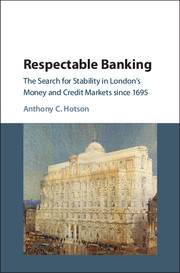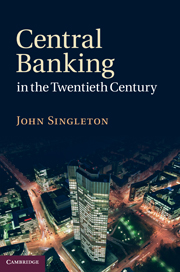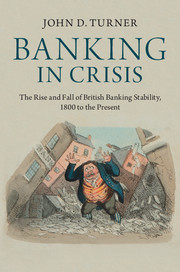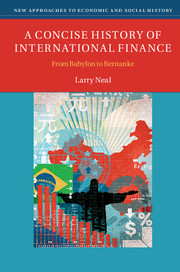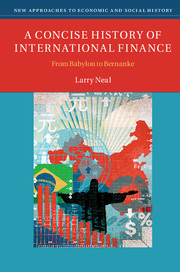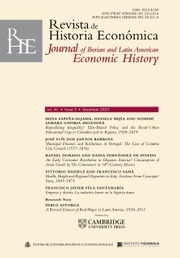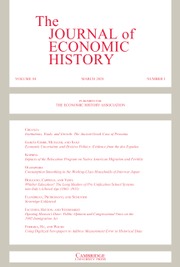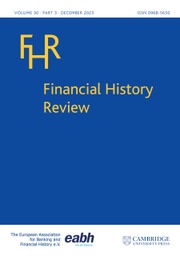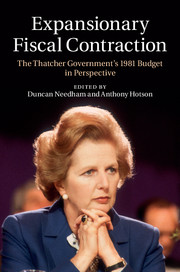Respectable Banking
The financial collapse of 2007–8 has questioned our assumptions about the underlying basis for stability in the financial system, and Anthony Hotson here offers an important reassessment of the development of London's money and credit markets since the great currency crisis of 1695. He shows how this period has seen a series of intermittent financial crises interspersed with successive attempts to find ways and means of stabilizing the system. He emphasises, in particular, the importance of various principles of sound banking practice, developed in the late nineteenth century, that helped to stabilize London's money and credit markets. He shows how these principles informed a range of market practices that limited aggressive forms of funding, and discouraged speculative lending. A tendency to downplay the importance of these regulatory practices encouraged a degree of complacency about their removal, with consequences right through to the present day.
- Revitalizes the history of money and banking
- Revives the tradition of bankers writing for an interested public, combining academic rigour with the author's direct experience of financial deregulation since the 1970s
- Uses history to challenge the current economic orthodoxy about the factors underpinning financial stability, and provides a distinctive alternative to the neoliberal banking model
Product details
July 2017Hardback
9781107198586
302 pages
235 × 157 × 19 mm
0.64kg
86 b/w illus. 7 tables
Available
Table of Contents
- 1. Introduction
- 2. Principles and practice
- 3. Minted currency and the bullion market
- 4. Credit markets and clearing banks
- 5. Liability management redux
- 6. Bankers against speculation
- 7. History and policy.

